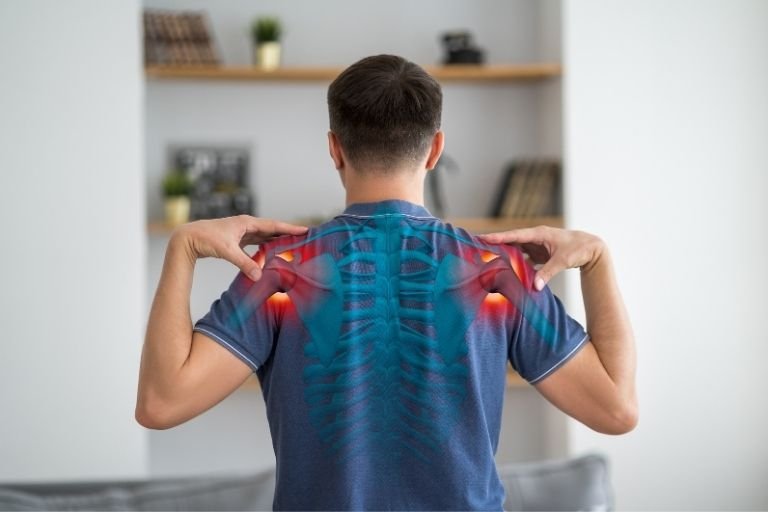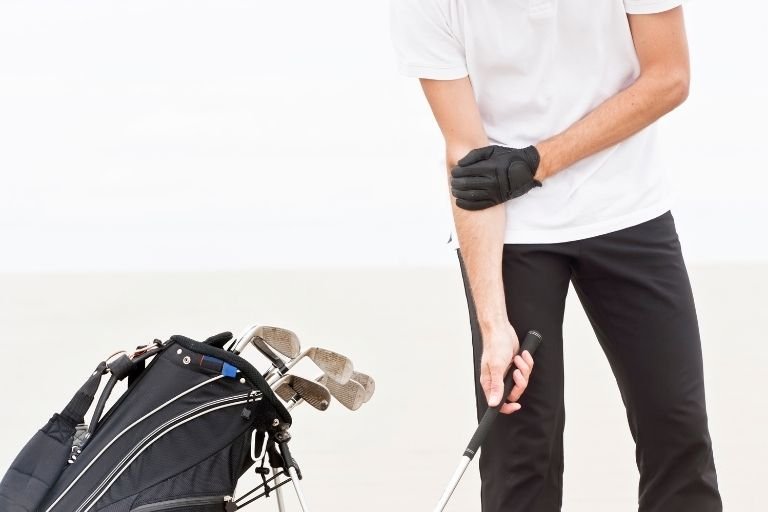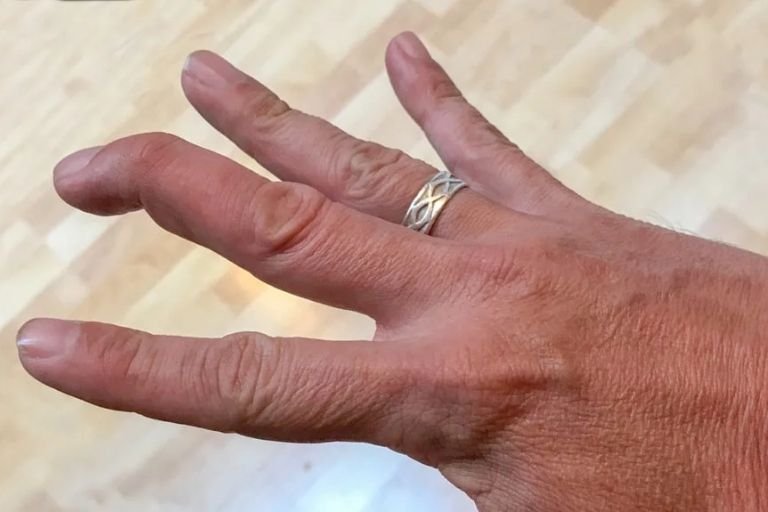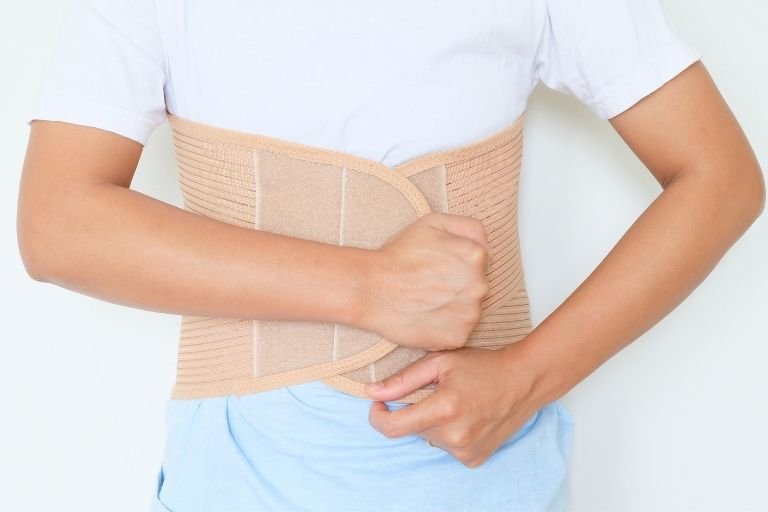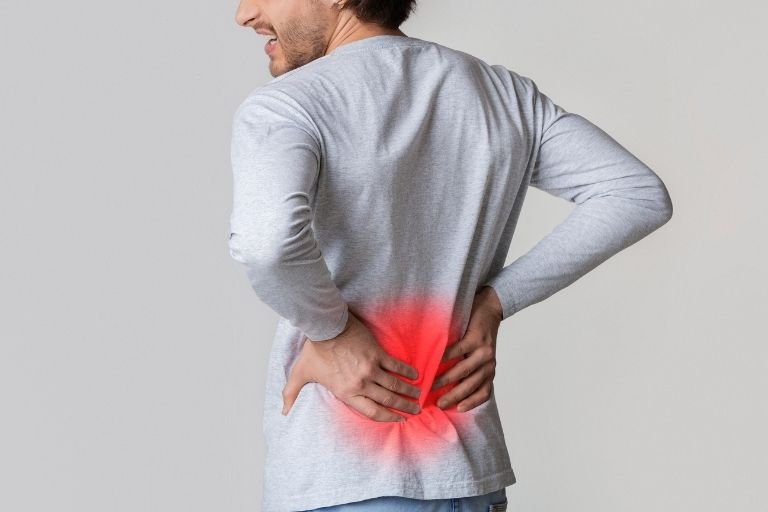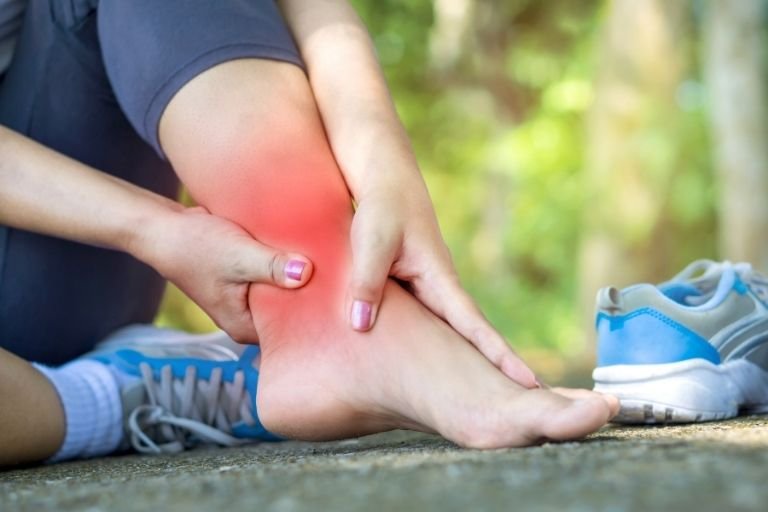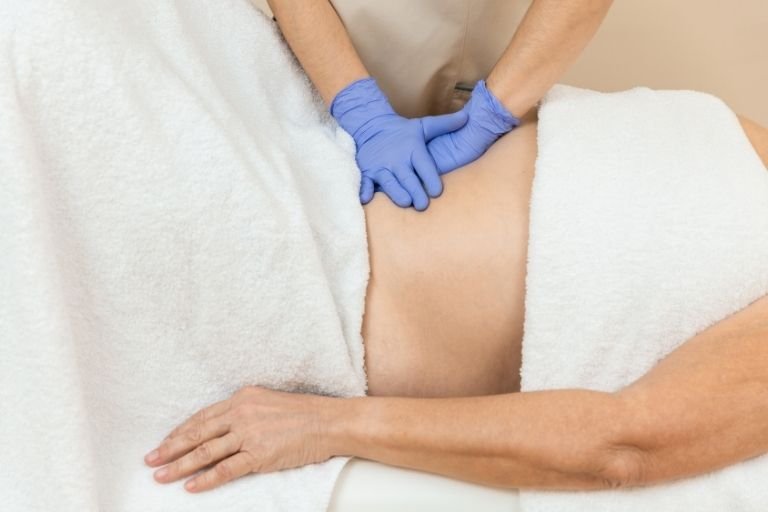- Fitwell Physiotherapy
Post Surgical Rehabilitation

Post-surgical rehabilitation, often referred to as post-operative or post-surgery rehab, is a critical aspect of the recovery process for individuals who have undergone surgical procedures. Whether it’s a minor or major surgery, proper rehabilitation plays a pivotal role in restoring function, mobility, and overall quality of life. Here’s a comprehensive overview covering symptoms, causes, when to see a physiotherapist, risks, prevention, and treatments associated with post-surgical rehabilitation:
Please submit your details below.
Symptoms
- Pain and discomfort at the surgical site.
- Swelling, bruising, and inflammation.
- Loss of strength and mobility in the affected area.
- Stiffness and difficulty moving the joint or limb.
- Fatigue and weakness.
- Impaired balance and coordination.
Causes:
- Surgery-related trauma to tissues, muscles, and joints.
- Inactivity and immobilization following surgery.
- Scar tissue formation.
- Muscle weakness due to disuse.
- Joint stiffness and limited range of motion.
When to See a Physiotherapist:
- Immediately after surgery as per the recommendation of the surgeon.
- If you experience persistent pain, swelling, or difficulty moving the operated area.
- When you’re ready to begin rehabilitation exercises.
- If you have concerns about your progress or recovery.
Risks:
- Delayed healing and recovery.
- Development of scar tissue and adhesions.
- Loss of muscle strength and function.
- Joint stiffness and reduced range of motion.
- Increased risk of falls and injuries due to impaired balance and coordination.
How to Prevent:
- Follow your surgeon’s post-operative instructions diligently.
- Engage in prehabilitation exercises before surgery to optimize strength and mobility.
- Stay active within the limits set by your healthcare provider.
- Avoid overexertion and high-impact activities.
- Practice proper body mechanics and posture.
- Gradually progress activities and exercises as tolerated.
Treatments:
- Physiotherapy: Tailored exercise programs focusing on strengthening, stretching, and mobilizing the affected area.
- Manual therapy: Hands-on techniques such as massage, joint mobilization, and soft tissue mobilization to improve tissue mobility and reduce stiffness.
- Modalities: Heat, cold, ultrasound, electrical stimulation, and other modalities may be used to manage pain, reduce inflammation, and promote healing.
- Functional training: Activities aimed at restoring functional movements and activities of daily living.
- Patient education: Guidance on proper body mechanics, activity modification, and self-management strategies.
- Progress monitoring: Regular assessment of progress and adjustments to the rehabilitation program as needed.
Post-surgical rehabilitation is a collaborative effort between the surgical team, physiotherapists, and the individual undergoing surgery. By adhering to rehabilitation protocols and actively participating in the recovery process, individuals can optimize their outcomes and regain their function and independence.
Frequently Asked Questions
A post-surgical rehabilitation program typically includes a variety of exercises tailored to the patient’s needs and the surgery performed. These may include:
- Range of motion exercises: To improve flexibility and prevent stiffness.
- Strengthening exercises: To rebuild muscle strength.
- Aerobic exercises: To enhance cardiovascular fitness and overall endurance.
- Balance and coordination exercises: To improve stability and prevent falls.
- Functional training: To help patients perform daily activities safely and efficiently.
Related Conditions
How Fitwell Physiotherapy Can Help?
Dr. Richa’s Fitwell physiotherapy has an extensive team of physiotherapists all within their own specialist areas of physiotherapy. Whatever your condition, we guarantee that we will have the best physiotherapist for you. We assess, diagnose, plan, cure and care for you.
Fitwell Physiotherapy Clinic, Pune provides you best physiotherapy treatment in Kharadi, pune. We also serve Chandan Nagar, Vadgaon Sheri, Keshav Nagar, Wagholi & nearby Areas in Pune. We are experts in treating Neck Pain, Hand Pain, Back Pain, Lower Back Pain, Knee Pain, Stiff Neck, Sciatica, Arthritis, Stroke Paralysis & Post Surgical Rehab.
We provide Specialized physiotherapy treatments in Sports Injuries, Pre and post Surgery, Neurologic, Pediatric, Chronic Pain/Fatigue, Rheumatology, Women’s Health, Men’s Health, Ergonomics, Vestibular, Amputees & all sort of Pain treatment and lifestyle conditions.






















